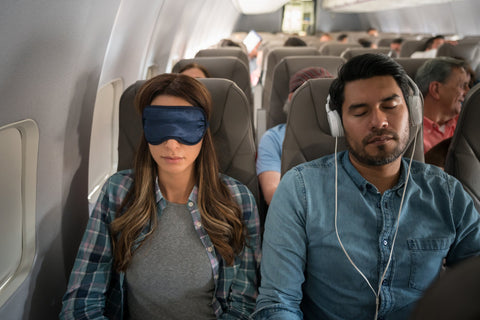Deciding between Airbnb and a hotel for your next trip depends on your budget, flexibility, and convenience needs. In some situations, a hotel will be a better choice; in others, an Airbnb could be your best option.
Consider the price for your stay
When it first launched its homestay platform, one of the biggest selling points was that an Airbnb is cheaper than a hotel. Today, this is not always true. Several factors determine whether a night at a hotel will be cheaper and reduce your overall travel costs.
- Group Size – Hotels are legally limited to a certain number of people per room. An Airbnb can be better for large groups to reduce the cost per person. Small groups or solo travelers may find hotels cheaper per person.
- Travel Duration – Some hotels offer discounts for extended stays, but many don't have amenities like kitchens and laundry facilities. Airbnbs often have kitchens and laundry facilities, saving money on meals and cleaning. This is especially helpful for longer trips.
- Location – Places with many hotels, such as city centers, often have good deals on hotels due to competition. In suburban areas, you may find Airbnb offers better prices.
If you're a frequent traveler, check out some of our other tips to make every trip go more smoothly.
Account for potential cancellations
You can cancel Airbnb reservations, but doing so may incur cancellation fees. Each host has their own cancellation rules. Some hosts let you cancel without a penalty until close to your scheduled time (e.g., within 7 days). Hotels are often more lenient with their cancellation policies, allowing a greater probability of a full refund.
Remember these pointers on how to cancel an Airbnb and get a full refund.
- Policies - Make sure you know the refund policy before booking. Often, you can cancel within the first 24 hours of making the reservation.
- Circumstances - You may be eligible for a refund if your travel is interrupted due to events outside your control.
- Compassion - Hosts are human. If you do have a last-minute emergency, explain the situation to them. Hopefully they will understand and refund your reservation.
Think about check-in flexibility
Airbnb hosts set their own check-in and check-out times. Like a hotel, however, you can often ask for an early check-in or late check-out. If the host doesn't have other guests booked, it's often easier to get in early or stay later than at a hotel.
Consider points and other booking benefits
One way to reduce out-of-pocket costs while traveling is to use your credit card points. Many cards allow you to book a hotel directly through their rewards program. At the time of writing, only a handful of cards allow you to do the same with an Airbnb. Those points are good for more than just plane tickets and hotels – check out some ways you can use your points right now.
Plan your Location Based on your Itinerary
City centers and tourist areas usually have fewer homes and more hotels because they are popular with visitors. Airbnbs can be found in downtown areas, but they are more popular in residential neighborhoods and rural areas. Depending on where your travel itinerary takes you, one will be more convenient than the other.
Double-check Safety and Security Details
Airbnb does a good job of vetting their hosts to ensure guests are safe, but there are more regulations for hotels. Most hotels have security cameras, fire alarms and CO2 detectors that are regularly tested, and 24-hour front desk staff. Airbnbs should have similar safeguards (minus the staff), but the security varies. Read the reviews and check with the hosts before booking.
Related: Check out what you can do with your luggage before it's time to check-in.
Hotels were once considered the ultimate place to stay while away from home. Now, travelers have far more options. When debating whether an Airbnb vs. hotel is best for your trip, consider the length and location, safety, and all related costs. A few extra minutes of research will put you in the best place for a great stay.
Photo credit: donaldytong (Wikimedia Commons, GNU Free Documentation License, v. 1.2)





